For many centuries, honey has been used as a natural remedy around the world. Its antioxidants can boost immunity and fight inflammation. It is well known to ease sore throat and soothe a cough. What about honey for asthma? Asthma is a respiratory condition that is chronic and causes airways to be inflamed, therefore making breathing difficult.

Can Honey Help with Asthma?
For those who rely on prescriptions to treat severe attacks, you need to continue unless your doctor advises differently. Adding honey to your daily diet can help with symptoms such as wheezing, coughing and a tightness in your chest.
- Honey boosts the immune system. This can protect against flu, colds, and respiratory infections that can make asthma worse.
- The sugar in honey is quickly absorbed, providing quick energy.
- Honey can reduce congestion and cough.
- Honey has ethereal oil and alcohol which help clear mucus.
- It reduces wheezing and coughing by soothing mucous membranes.
- It helps prevent asthma attacks because it is anti-inflammatory and anti-allergic.
- Honey has manganese, magnesium, amino acids, selenium, antioxidants and other vitamins vital for strengthening immunity and clearing your airways.
- Honey soothes the bronchial membranes and tubes, and clears mucus away.
How to Use Honey for Asthma Relief
1. Hot Water and Honey
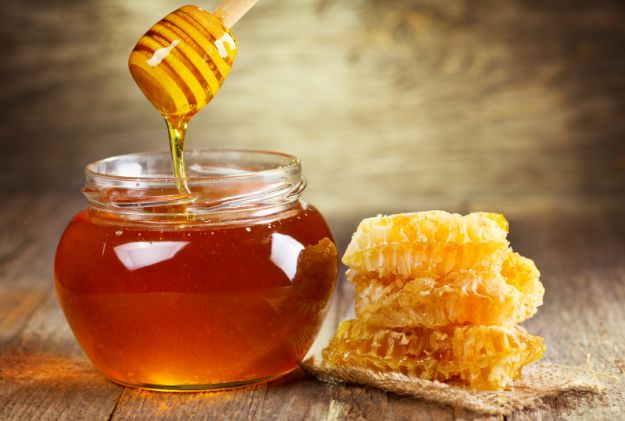
When honey is mixed with warm liquids, it can help remove mucous and reduce asthma trouble. Simply put a teaspoon of honey in hot water. It’s best if the honey is raw and organic. Stir until mixed; then drink. Try to take three times daily to get relief.
2. Honey and Cinnamon
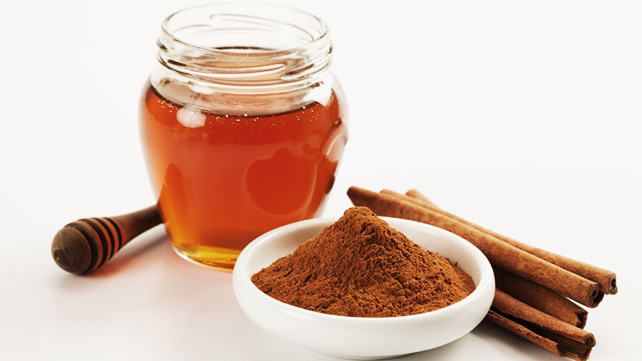
Combining honey and cinnamon can be very useful for healing properties and beauty. It helps to remove phlegm and ease your airway passages. Both ingredients have antioxidants and anti-microbial properties. This will help with fungus and bacteria.
Try mixing a half a teaspoon cinnamon, teaspoon of honey, and mix until a fine paste. Consume in the morning and at night, right before bed. Make sure your cinnamon is 100% pure and the honey is raw. You can also mix these amounts into warm water and drink. This should be repeated until you have relief from asthma attacks.
3. Lemon and Honey
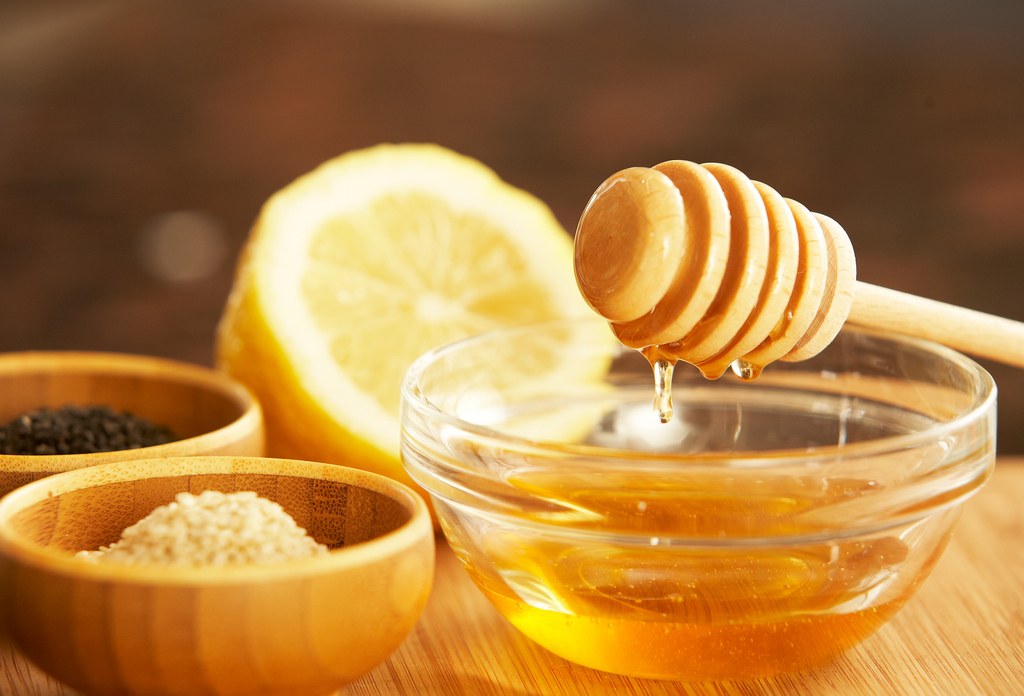
The vitamin C in the lemon helps boost your immunity and provides antioxidant and anti-septic properties. Both will soothe inflammation as well as kill bacteria. For this, squeeze one lemon piece into warm water and add a teaspoon of honey. Stir and drink, especially if you feel an asthma attack coming on. This is another way to use honey for asthma.
4. Honey and Milk
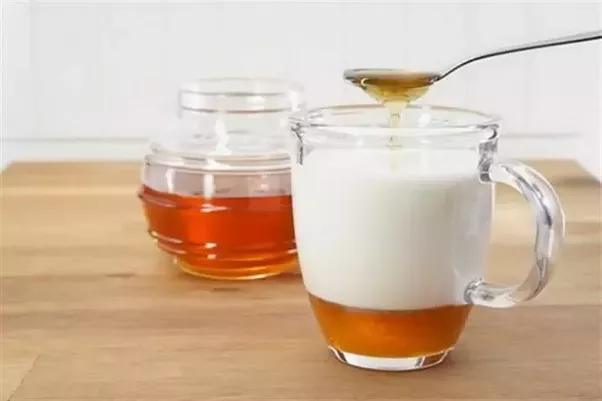
This helps soothe your asthma and can make coping with an attack easier. To enjoy, add two teaspoons honey to one glass of milk. Use raw, organic honey for best results. Drink at least twice a day to help lower asthma attacks.
5. Honey and Turmeric
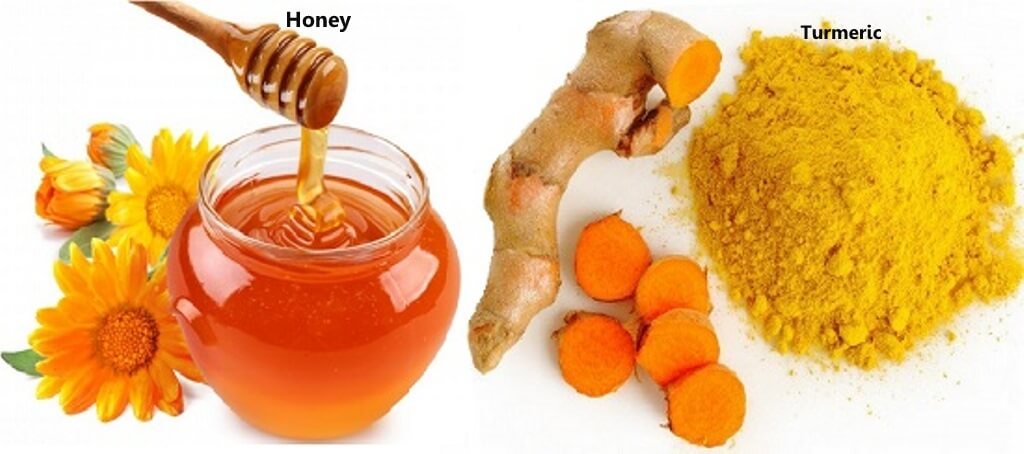
This is a common way to help cure asthma as well as other breathing difficulties. You should use two parts raw, organic honey to one-part turmeric powder. Mix this together and drink. This mixture is best taken twice a day and may help with other respiratory problems.
6. Honey with Fenugreek Seeds and Ginger Juice
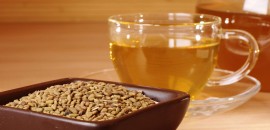
This recipe will help with your asthma and will detoxify your lungs. It will help to clear your mucus which will lower your risk of asthma attacks. Use a teaspoon of honey, teaspoon of ginger juice, a tablespoon of fenugreek seeds and a cup of water. Soak your fenugreek seeds in water overnight. The following morning add the ginger juice and honey. Stir well and consume twice a day.
Tips for Using Honey for Asthma
To get the most benefits from honey, you want to use a raw organic honey that has been produced locally. This is in part because they aren’t filtered the least, allowing more pollen to help desensitize you. Dark honeys like buckwheat are ideal for treating a cough. Make sure your honey has no added ingredients as many found in the store do.
Keep in Mind:
The biggest risk is having an allergic reaction to the honey you take. If you have been allergic to bee pollen or stings, you should be very careful taking honey because you could easily be allergic to it as well. Honey allergy symptoms may be:
- Difficulty swallowing
- Coughing
- Itching
- Wheezing
- Swelling under the skin
- Difficulty breathing
For many people, a small amount of honey will be considered safe. If you have a digestive disorder or a heart condition, you should consult with your doctor before taking honey. This also goes if you are taking medications or antibiotics for your nervous system or heart.
Those under a year of age shouldn’t take honey because of the risk of botulism which is extremely dangerous in infants. If you have diabetes you should know that honey can spike your blood sugar.
